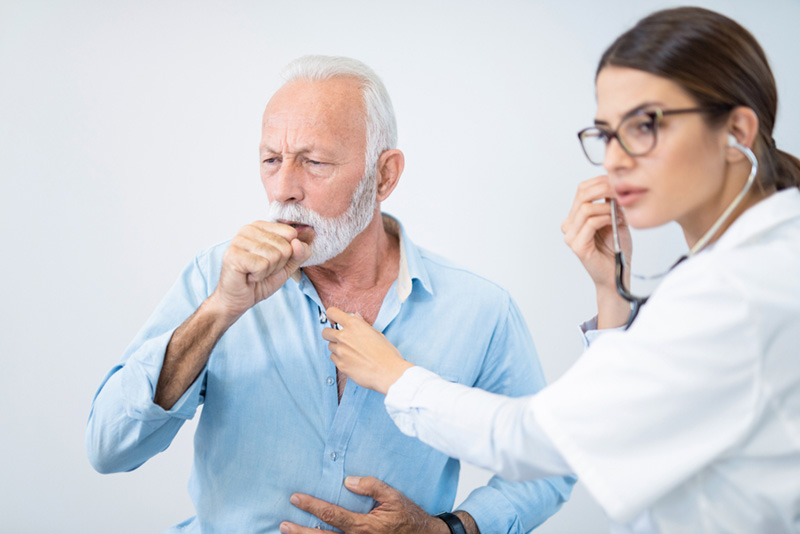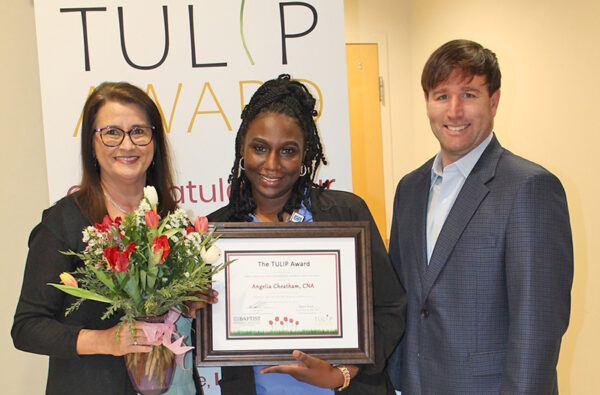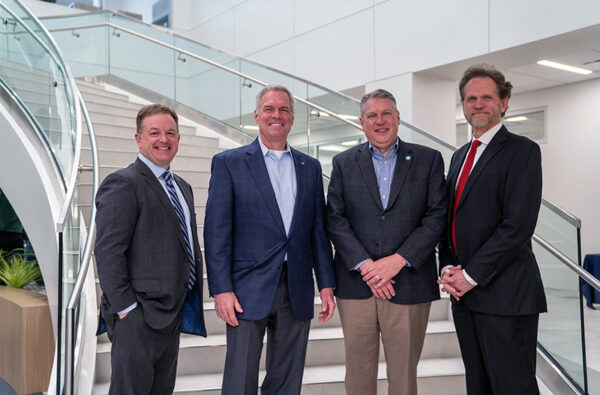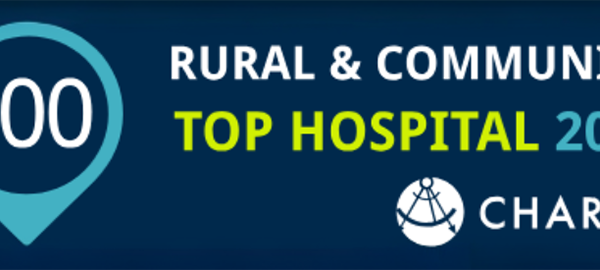The Health Resources & Services Administration’s (HRSA) Rural Public Health Workforce Training Network Program awarded Baptist Union City a three-year, $1.5 million grant for education, training and employment opportunities for community paramedics/emergency medical technicians and respiratory therapists.
The West Tennessee Public Health Workforce Training Network will use the grant to provide scholarships for 24 West Tennessee residents to receive respiratory therapy training and 60 residents to receive certified paramedic/EMT training and uniforms. The grant period is Aug. 1, 2022, to July 31, 2025. The grant covers tuition, fees, books and a small annual stipend.
“We are honored and excited that the communities we serve in West Tennessee will reap the benefits of this grant,” said Derick Ziegler, vice president of West Tennessee operations for Baptist Memorial Health Care. “Thanks to this grant, Baptist Union City and Baptist Carroll County will have 84 more dedicated health care professionals to provide high-quality care to our community.”
The West Tennessee Public Health Workforce Training Network consists of health care and educational stakeholders committed to improving public health capacity. Members of the network include Baptist Union City and Baptist Carroll County; Dyersburg State Community College in Dyersburg, Tennessee, and Jackson State Community College in Jackson, Tennessee, serving as educational partners; Priority Ambulance in West Tennessee, serving as a training partner; and the Northwest Tennessee Workforce Board, serving in community outreach. This network will identify shared regional assets and challenges and link programs with resources in the nine Northwest Tennessee counties — Obion, Weakley, Henry, Dyer, Lake, Carroll, Benton, Gibson and Crockett.
The purpose of HRSA’s Rural Public Health Workforce Training Network Program is to expand public health capacity by supporting health care job development, training and placement in rural and tribal communities. The goal of this program is to enhance clinical and operational capacity to address population health needs of rural communities affected by COVID-19, including those dealing with the effects of long COVID. The program addresses the ongoing critical need in rural health care facilities for trained public health professionals.






